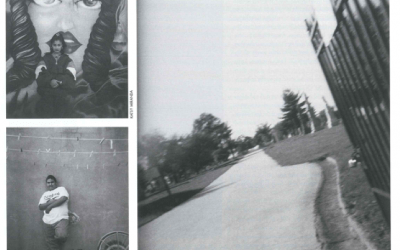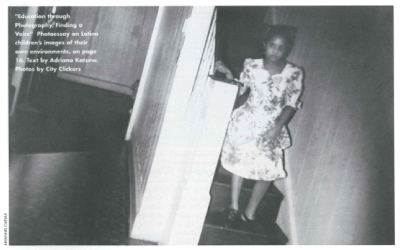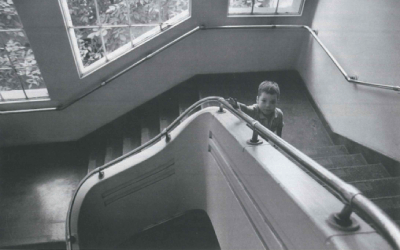Editor’s Notes
Booknotes
On March 10, 1999, President Clinton apologized to the people of Guatemala for the support provided by the U.S. government to that country’s repressive military-backed governments between 1954 and the 1980s. His apology came days after the Guatemalan Truth Commission denounced these abuses as genocide aimed at the Mayan people and cited U.S. involvement.
As Alberto Fernández, a longtime and astute observer of foreign affairs in both Central America and the Middle East, points out in his review of Kay Warren’s recently published Indigenous Movements and Their Critics: Pan-Mayan Activism in Guatemala, history does not sit still.
The challenge is to represent an ongoing movement in a static printed form. The book’s experimental genre in anthropology transforms the book from mere historical account to one that both reports extensively on the Pan-Mayan movement and gives the reader intimate vignettes, much in the way a film would do. The book looks at social movements, the issue of ethnic and cultural revitalization, and examines how social critique is produced and how cultures appropriate knowledge. It is also a story of an emerging parallel middle class, a middle class that somehow feels alienated from its own class position, and yet is becoming part of a vibrant intellectual scene both in Guatemala and internationally.
Warren illustrates the interplay between local, state, national, and transnational facets of indigenous movements, as well as the interplay between anthropology and politics.
Also reviewed on these pages is Latin America and the World Economy Since 1800, edited by John Coatsworth and Alan Tucker , the second in a series of books published by the David Rockefeller Center for Latin American Studies and distributed by Harvard University Press.
The Center is pleased to announce the release of two more books in May: The United States and Latin America: The New Agenda, edited by Victor Bulmer-Thomas and James Dunkerley (co-published with the Institute of Latin American Studies, University of London) and the Harvard edition of Bitter Fruit, the story of the American coup in Guatemala, by Stephen Schlesinger and Stephen Kinzer.
Spring 1999
Related Articles
Education Through Photography
From 1995 to 1997, more than 80 Latino children in Philadelphia’s barrio participated in City Clickers, a photography and creative writing program that I created and implemented with the…
Education in Latin America
Whenever one asks about ways of struggling against impossible odds in Latin America, one is told not to worry because no”hay mal que dure cien anos” (no evil lasts one hundred years). The…
Education and Poverty in Latin America
More Latin Americans are living in poverty than twenty years ago, despite the region’s economic growth. The poor generally are still illiterate or barely literate. What is worse is that their children…




